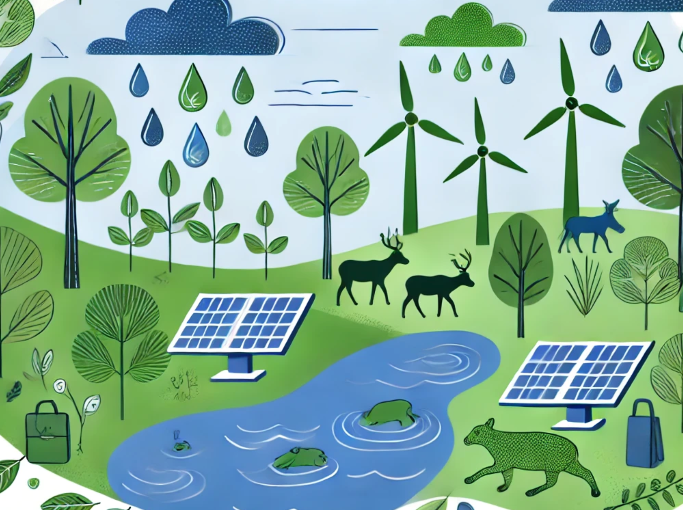Let’s talk about something that could seriously level up your college experience and future career prospects: summer research opportunities. You’ve probably heard whispers about research on campus, but have you considered taking it a step further with a summer program? Trust me, it’s a game-changer!

Why Summer Research Rocks
Summer research isn’t just about spending your break in a lab (though that can be pretty cool, too). Here’s why you should seriously consider it:
- Skill Boost: You’ll gain specialized skills and techniques that you won’t typically learn in a classroom. It’s like leveling up your academic character with some rare abilities.
- Network Like a Pro: You’ll connect with professors, grad students, and peers who share your passions. These connections can open doors to grad school or future careers.
- Career Clarity: Not sure what you want to do after Lawrence? Summer research can help you explore different fields and clarify your career path.
- Resume Gold: Let’s face it, having research experience on your resume makes you stand out like a shining star to grad schools and employers.
- Personal Growth: You’ll develop critical thinking, problem-solving, and communication skills that’ll serve you well in any future endeavor.
Where to Find Opportunities
Now that you’re pumped about summer research, where can you find these golden opportunities? Here are a few places to start your search:
- Lawrence’s Own Resources: Check out LU Research Fellows for a list of options – it usually opens in January each year.
- Pathways to Science: Visit Pathways to Science for a treasure trove of STEM research opportunities; includes REUs, SURP, and may other opportunities.
- Reach Out Directly: Don’t be shy about contacting principal investigators whose research excites you. Many professors (not just ones at Lawrence) are thrilled to hear from enthusiastic students and might have unlisted opportunities.
Timing is Everything
While specific deadlines vary, here’s a general timeline to keep in mind:
- Fall: Start exploring options and talking to professors.
- Winter: Many applications open up. Get your materials ready!
- January/February: Prime time for submitting applications.
- March/April: Decisions often roll in during these months.
Remember, some programs have earlier deadlines, so start your search early!
Your Next Steps
- Explore the resources mentioned above.
- Chat with your professors about your interests.
- Visit the Career Center for application tips.
- Start drafting your application materials.
Summer research is your chance to dive deep into a subject you love, make lasting connections, and set yourself up for an awesome future. So why wait? Start exploring your options today and get ready to make this summer count!

